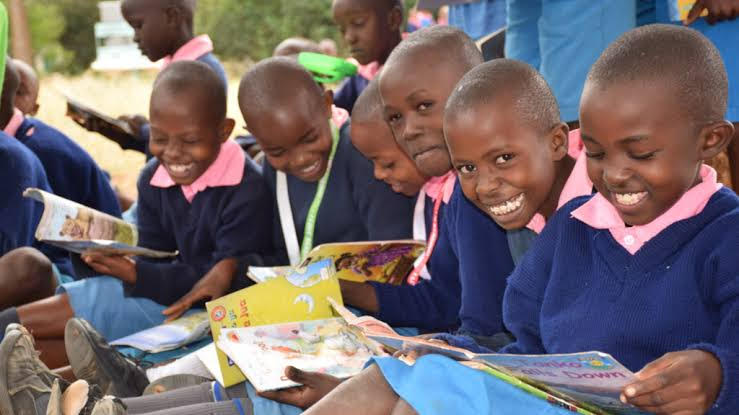Building Brighter Futures: Empowering African Children Through Education

Building Brighter Futures: Empowering African Children Through Education
Building brighter futures for Africa begins with empowering its children through education. Education is not just a tool for personal growth; it is the cornerstone of societal development, economic progress, and long-term stability. Across the continent, millions of children still face barriers to accessing quality learning, yet every investment made in education brings immeasurable returns—not only for the individual child but for communities and nations at large.
For African children, education holds the power to break the cycle of poverty and inequality. A child who has access to quality schooling gains knowledge, skills, and confidence to pursue opportunities that would otherwise be beyond reach. Literacy and numeracy are the foundations, but true empowerment comes when children are equipped with critical thinking, creativity, and problem-solving skills that prepare them to navigate a rapidly changing world. With these tools, they can become leaders, innovators, and change-makers capable of transforming their societies.
The challenges, however, are real. Many children still study in overcrowded classrooms, with few teachers and limited resources. In rural areas, schools may be miles away, making daily attendance difficult. Gender disparities persist, with girls disproportionately affected by cultural expectations, early marriage, and lack of sanitary facilities in schools. Children with disabilities face exclusion due to inadequate support systems and infrastructure. These gaps remind us that building brighter futures requires deliberate action, inclusive policies, and community commitment.
Empowering African children through education means going beyond access—it means ensuring quality. Trained teachers, relevant curricula, safe learning environments, and modern tools, including digital technology, are essential. Governments, civil society, and private organizations must collaborate to fund education sustainably, bridge gaps in underserved communities, and embrace innovations that make learning more engaging and impactful. When children see education as a pathway to opportunity rather than an obligation, their potential shines.
Equally important is the role of parents and communities. When families value and support education, children are more likely to remain in school and thrive. Community-driven initiatives, mentorship, and scholarship programs can provide the encouragement and resources children need to persevere. Education becomes even more powerful when it is holistic—addressing health, nutrition, and emotional well-being alongside academic growth.
Africa’s future lies in the hands of its children, and education is the most effective tool to prepare them for leadership, innovation, and service. By empowering every child with the chance to learn, we are not just shaping individuals—we are laying the foundation for stronger economies, peaceful societies, and a continent where dreams become realities. Building brighter futures through education is not an option; it is a responsibility that must be embraced by all who believe in Africa’s promise.






